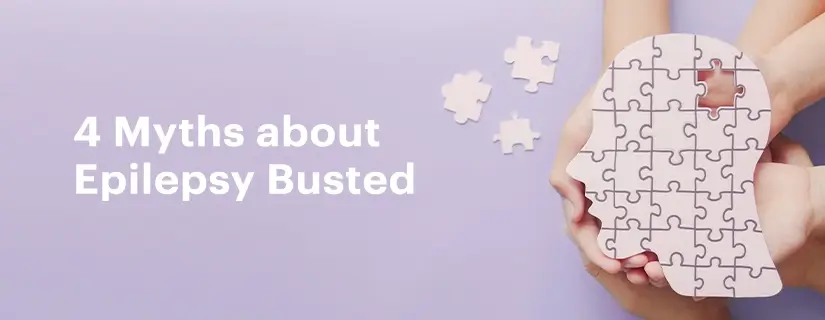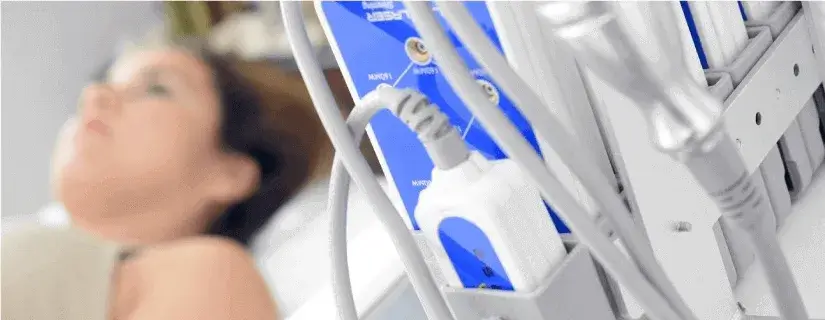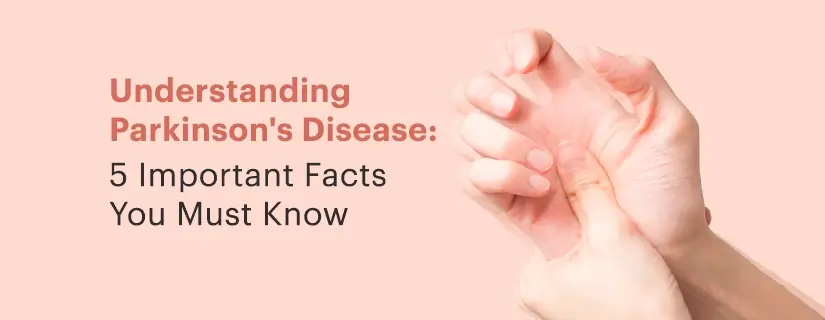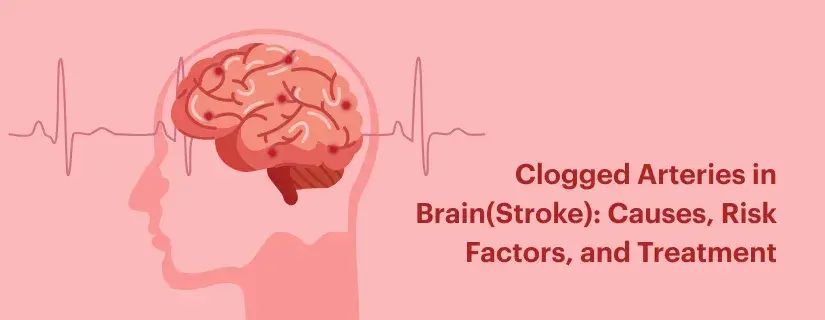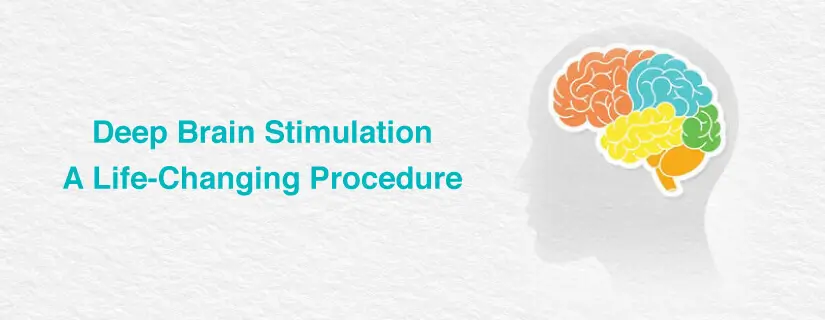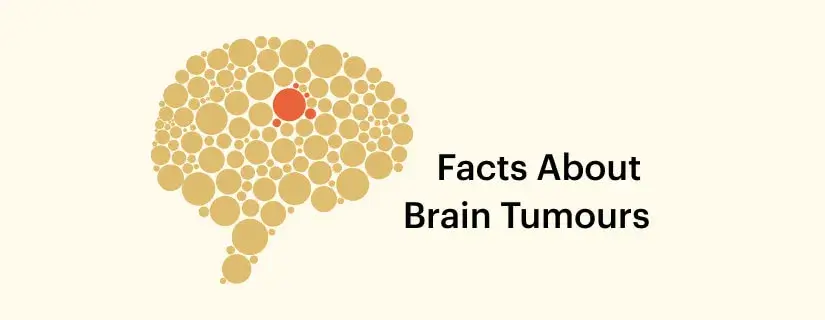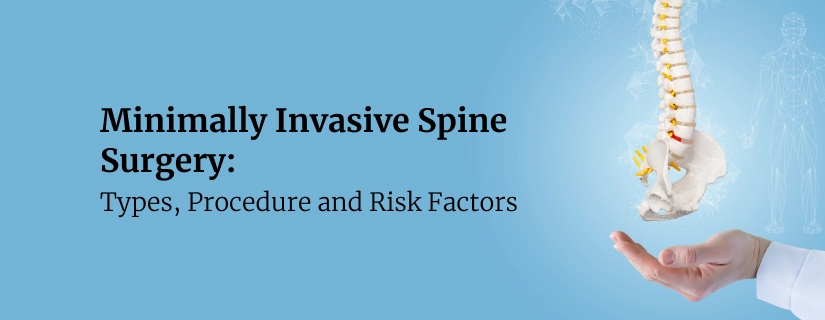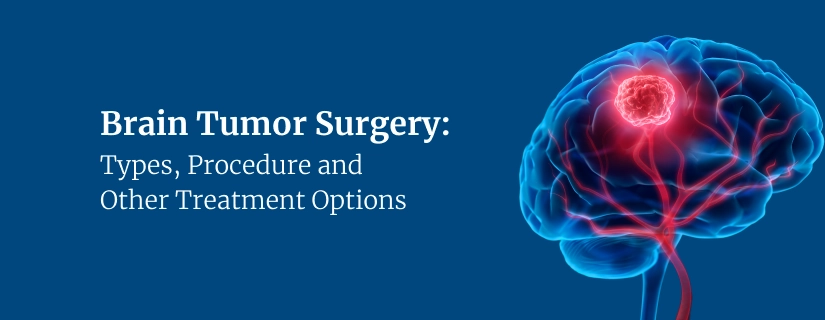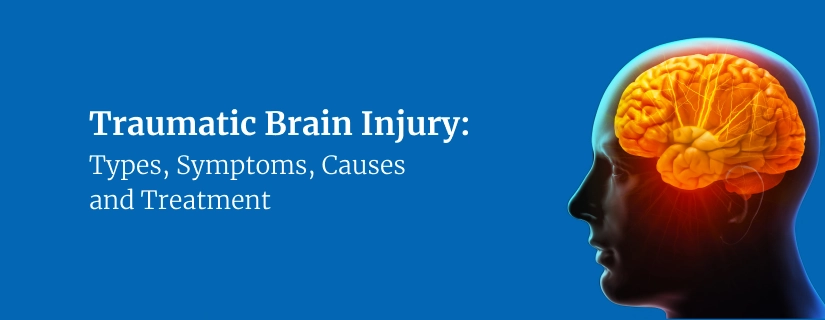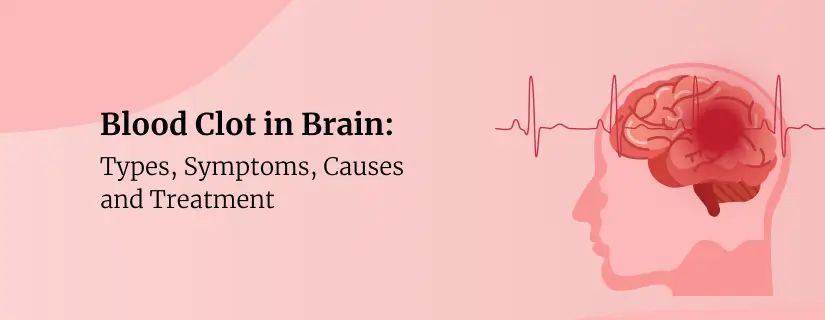-
Doctors
-
Specialities & Treatments
Centre of Excellence
Specialties
Treatments and Procedures
Hospitals & Directions HyderabadCARE Hospitals, Banjara Hills CARE Outpatient Centre, Banjara Hills CARE Hospitals, HITEC City CARE Hospitals, Nampally Gurunanak CARE Hospitals, Musheerabad CARE Hospitals Outpatient Centre, HITEC City CARE Hospitals, Malakpet
HyderabadCARE Hospitals, Banjara Hills CARE Outpatient Centre, Banjara Hills CARE Hospitals, HITEC City CARE Hospitals, Nampally Gurunanak CARE Hospitals, Musheerabad CARE Hospitals Outpatient Centre, HITEC City CARE Hospitals, Malakpet Raipur
Raipur
 Bhubaneswar
Bhubaneswar Visakhapatnam
Visakhapatnam
 Nagpur
Nagpur
 Indore
Indore
 Chh. Sambhajinagar
Chh. SambhajinagarClinics & Medical Centers
Book an AppointmentContact Us
Online Lab Reports
Book an Appointment
Consult Super-Specialist Doctors at CARE Hospitals
Understanding Brain Tumour - Symptoms and Treatments
Updated on 25 April 2019

Table of Content
Also known as an intracranial tumour, a brain tumour is an outcome of the uncontrollable growth of the cells resulting into an abnormal mass of tissue. There are no known causes of the brain tumour yet, but medical research has shown that there exist a number of risk factors which lead to it. For instance, children who have been subjected to radiation are more prone to develop brain tumours as an adult. Other risk factors of the brain tumour include rare genetic conditions like Li-Fraumeni syndrome. Apart from this, the age factor also plays a significant role in the development of the brain tumour. However, all primary brain tumours are not cancerous as they don’t spread to the surrounding healthy tissue but they can be equally deadly.
Let’s delve deeper and understand brain tumour symptoms and treatments:
BRAIN TUMOUR: SYMPTOMS
Symptoms of brain tumours depend upon a lot of factors, predominantly the type of tumour and its location. However, in some cases, brain tumour symptoms don’t show up until they grow large in size. Following are a few common symptoms of brain tumours. Have a look:
- Beginning of a new pattern of headache
- Increment in the frequency and severity of the headaches
- Nausea and vomiting that happens suddenly or without any significant reason
- Vision problems including blurred vision, double vision etc. start to become more prominent.
- Numbness/tingling sensation in arms and/or legs
- Balance problems start to occur along with the difficulty in walking
- Changes in speech become significant
- Problems with memory and incompetence with concentration
- Behavioural changes which are not usual
- Seizures become a common happening even when one doesn’t have a history of seizures.
- Hearing problems start to occur on a regular basis.
If you are experiencing one or more of these symptoms, do not assume that you are suffering from a brain tumour because these symptoms may also be caused by other health conditions. The best way to tackle this is to book an appointment with neuro specialists at CARE Hospitals, one of the best healthcare centres in India.
BRAIN TUMOUR : TREATMENT OPTIONS
To diagnose a brain tumour, the best neurospecialist will first perform a neurological examination followed by the major imaging tests, namely CT scan and MRI in order to get the complete picture of your brain. If the results come positive, the doctor will further stress upon doing the biopsy to know whether the tumour is cancerous or not. If it comes out to be malignant (cancerous), the following treatment methods can be used:
1. Surgery: Surgery is a very effective treatment option for patients who have a brain tumour present in locations which are quite accessible and can be operated upon without much hassle. During surgery, the doctor tries to remove the tumour completely. If the tumour is smaller in size, it can be easily removed. The surgery can be perilous in cases where the tumour is located in the sensitive parts of the brain. However, with the advent of technological advancements in the field of medical sciences, minimally invasive surgeries are possible nowadays.
2. Radiation therapy: In radiation therapy, high-energy beams including X-rays and protons are used to target tumour cells and kill them. It can be done in two ways
- External Beam Radiation - Here high-energy beams come from a source which is externally placed i.e. outside the patient’s body.
- Brachytherapy – In Brachytherapy, the radiation source is placed internally near the location of the brain tumour.
3. Chemotherapy: Chemotherapy employs drugs to eradicate the deadly tumour cells. One of the most common chemotherapy drugs is temozolomide (Temodar) which can be taken both orally and intravenously. Whether you are observing some of the aforementioned symptoms and worried about the possibility of a brain tumour or are already diagnosed with the condition, the neuroscience department at CARE Hospitals can be contacted for the best possible treatment.
To diagnose a brain tumour, the best neurospecialist will first perform a neurological examination followed by the major imaging tests, namely CT scan and MRI in order to get the complete picture of your brain. If the results come positive, the doctor will further stress upon doing the biopsy to know whether the tumour is cancerous or not. If it comes out to be malignant (cancerous), the following treatment methods can be used:
1. Surgery: Surgery is a very effective treatment option for patients who have a brain tumour present in locations which are quite accessible and can be operated upon without much hassle. During surgery, the doctor tries to remove the tumour completely. If the tumour is smaller in size, it can be easily removed. The surgery can be perilous in cases where the tumour is located in the sensitive parts of the brain. However, with the advent of technological advancements in the field of medical sciences, minimally invasive surgeries are possible nowadays.
2. Radiation therapy: In radiation therapy, high-energy beams including X-rays and protons are used to target tumour cells and kill them. It can be done in two ways
- External Beam Radiation - Here high-energy beams come from a source which is externally placed i.e. outside the patient’s body.
- Brachytherapy – In Brachytherapy, the radiation source is placed internally near the location of the brain tumour.
3. Chemotherapy: Chemotherapy employs drugs to eradicate the deadly tumour cells. One of the most common chemotherapy drugs is temozolomide (Temodar) which can be taken both orally and intravenously. Whether you are observing some of the aforementioned symptoms and worried about the possibility of a brain tumour or are already diagnosed with the condition, the neuroscience department at CARE Hospitals can be contacted for the best possible treatment.

ENQUIRY FORM
SELECT CATEGORIES
-
Neurosciences (16)
-
Neurology (38)
-
Neurosurgery (14)
-
Orthopaedics (48)
-
Oncology (33)
-
Obstetrics and gynecology (52)
-
Pulmonology (23)
-
Urology (20)
-
Nephrology (13)
-
Psychiatry (7)
-
Dietetics and Nutrition (111)
-
General Medicine (63)
-
Cardiac Sciences (32)
-
Vascular & Endovascular Surgery and Interventional Radiology (15)
-
Gastroenterology (46)
-
Endocrinology (23)
-
Plastic Surgery (10)
-
Critical Care Medicine (5)
-
COVID-19 (16)
-
Dermatology (16)
-
Emergency Care (1)
-
Ophthalmology (4)
-
Pediatrics (14)
-
Laparoscopic and Bariatric Surgery (8)
-
ENT (15)
-
Kidney Transplant (1)
-
Liver Transplantation and Hepatobiliary Surgery (5)
-
General Surgery (3)
-
Internal Medicine (5)
-
Medicine Information
Parkinson’s Disease: Early signs to look for
YOU MAY ALSO LIKE
RECENT BLOGS
-

Rotablation Angioplasty: Benefits, Treatments, And Recovery Time
6 February 2026
Read More
-

What Is The Difference Between IUI and IVF?
6 February 2026
Read More
-
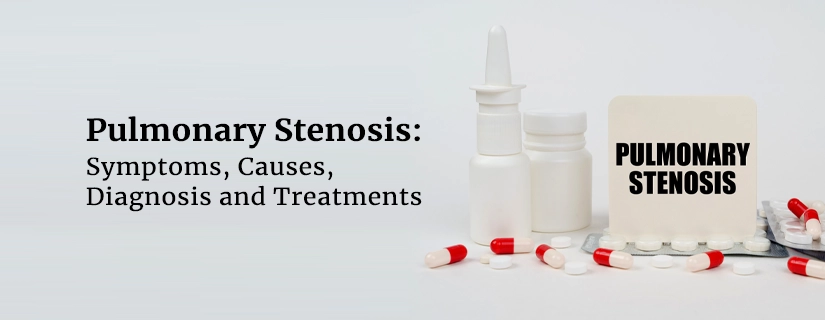
Pulmonary Stenosis: Symptoms, Causes, Diagnosis and Treatments
6 February 2026
Read More
-

Difference between Angioplasty and Angiography
6 February 2026
Read More
-
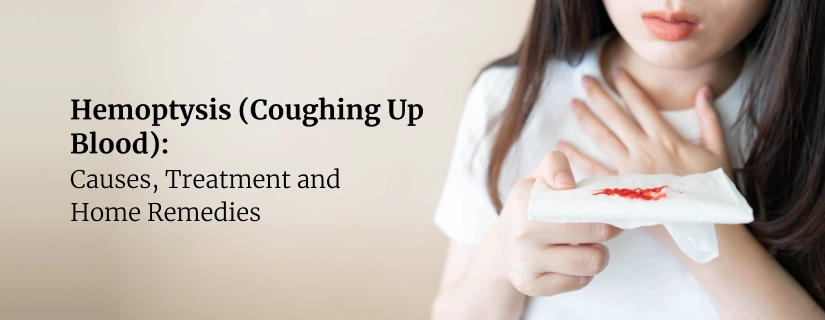
Hemoptysis (Coughing Up Blood): Causes, Treatment and Home Remedies
2 February 2026
Read More
-
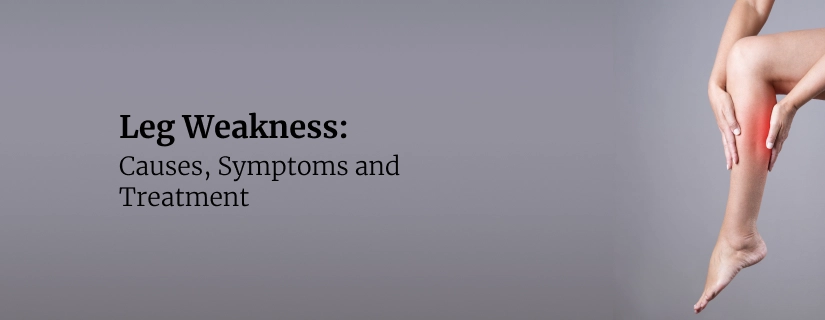
Leg Weakness: Causes, Symptoms and Treatment
9 January 2026
Read More
-

Back Pain After C-Section: Causes and Home Remedies
9 January 2026
Read More
-

Belly Button Pain (Periumbilical Pain): Causes, Treatment and When to See a Doctor
9 January 2026
Read More
Have a Question?
If you cannot find answers to your queries, please fill out the enquiry form or call the number below. We will contact you shortly.


